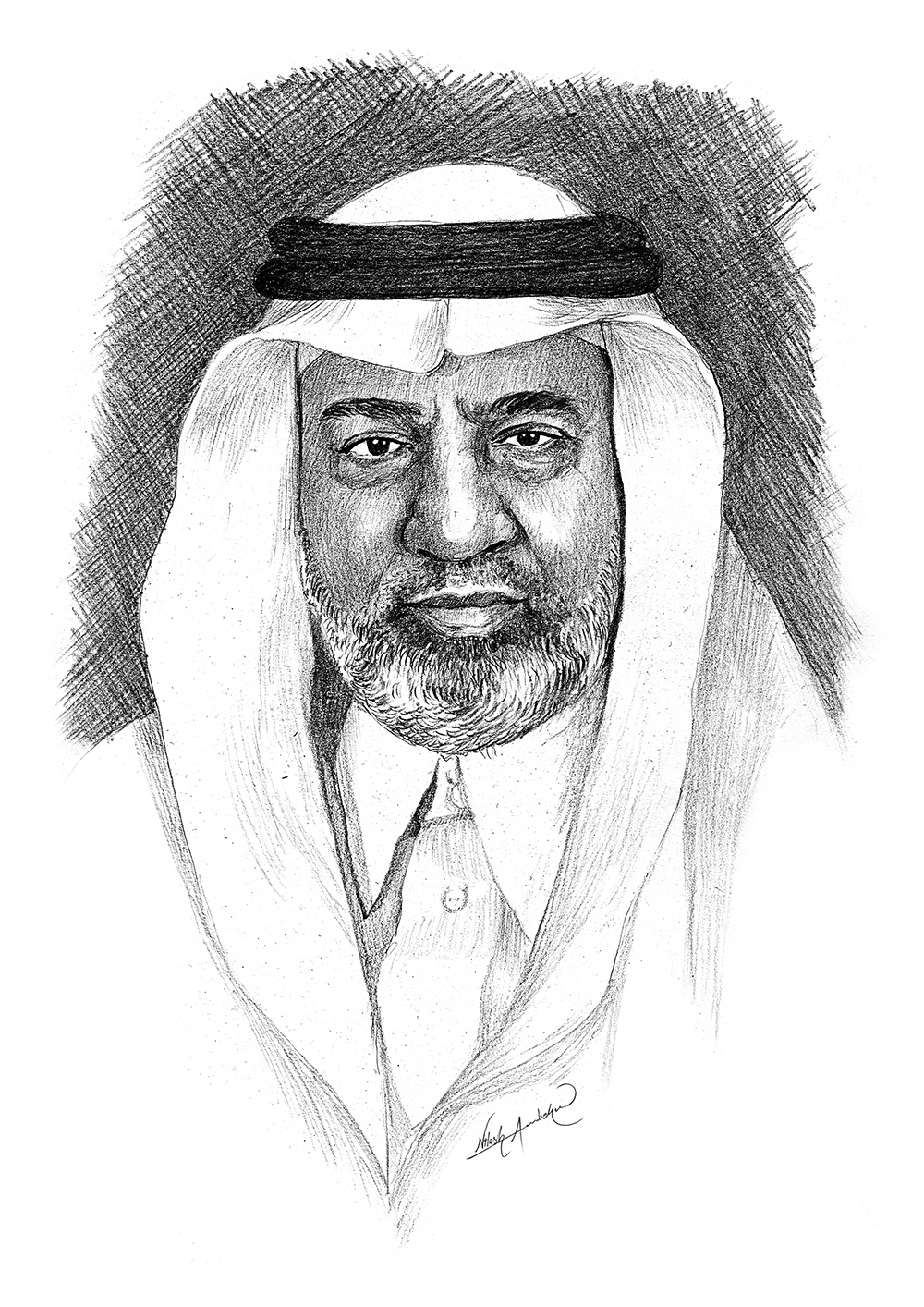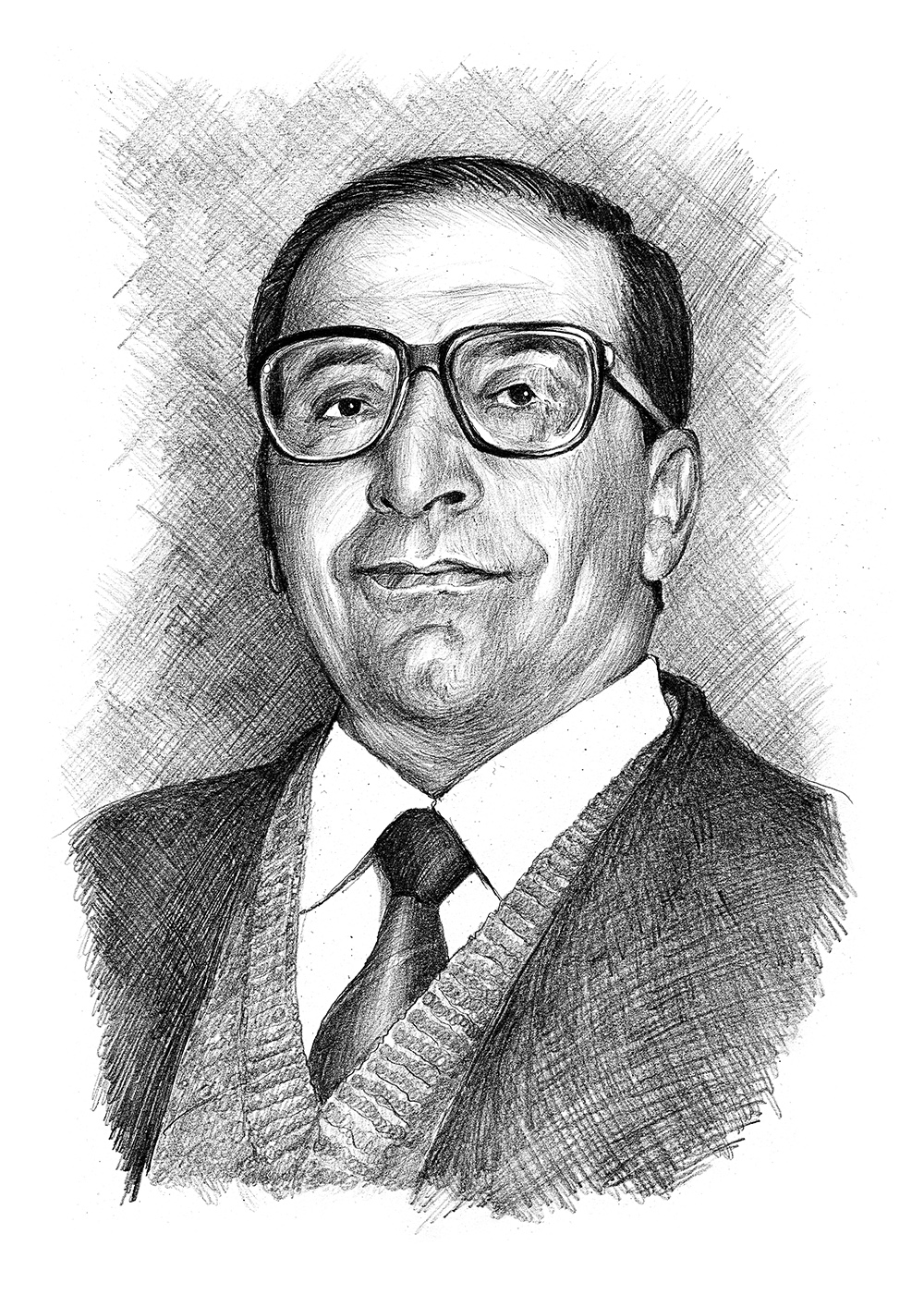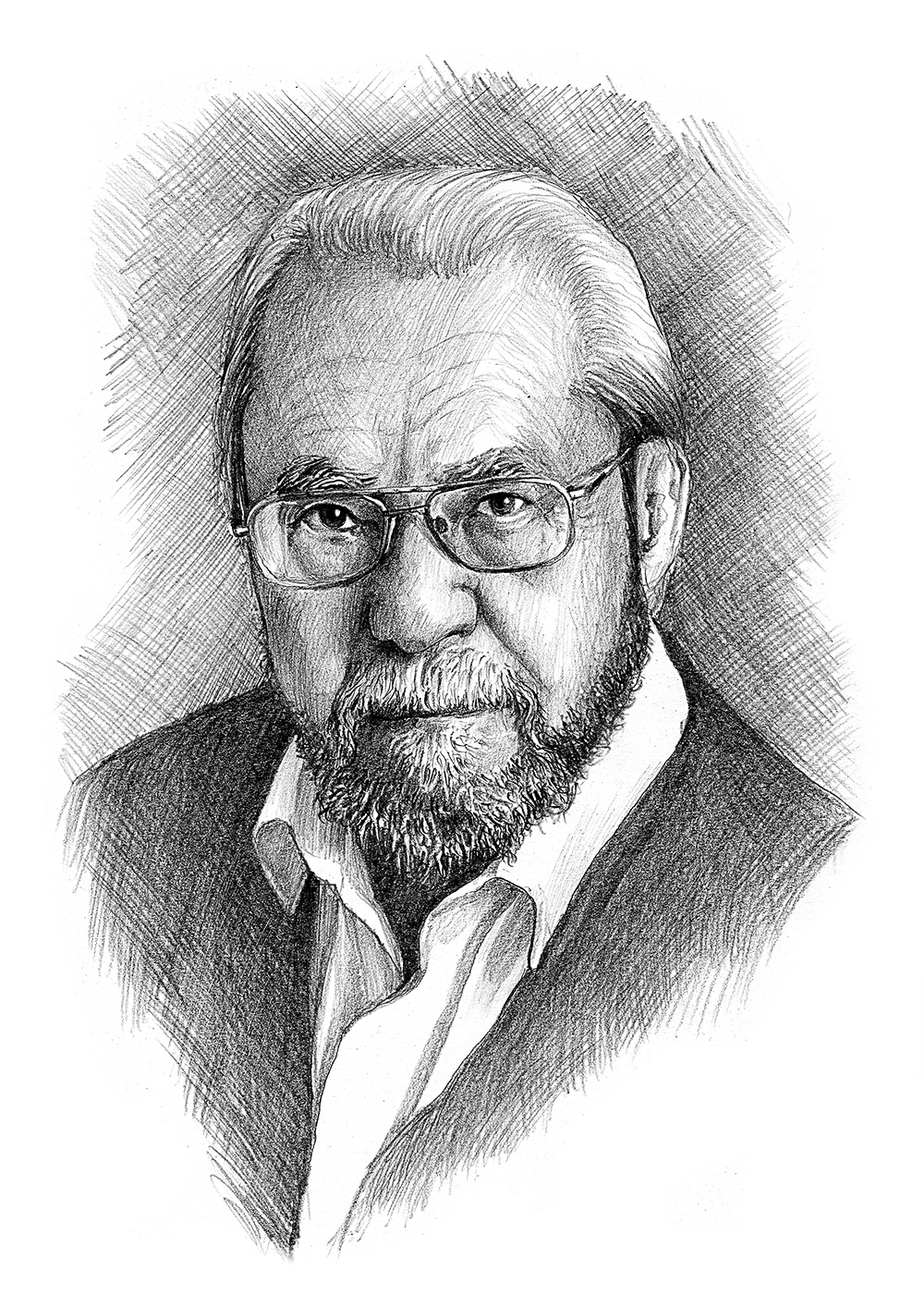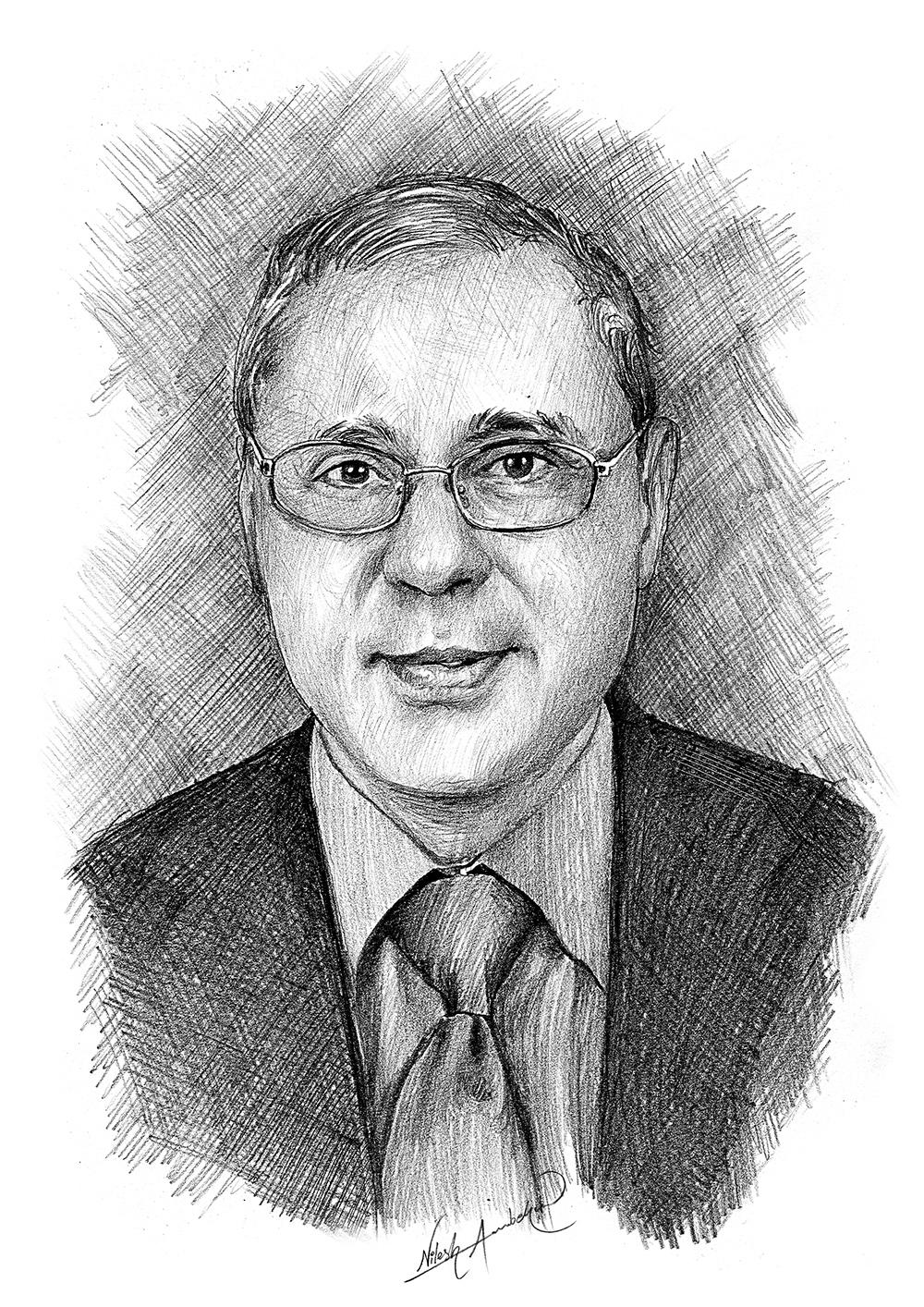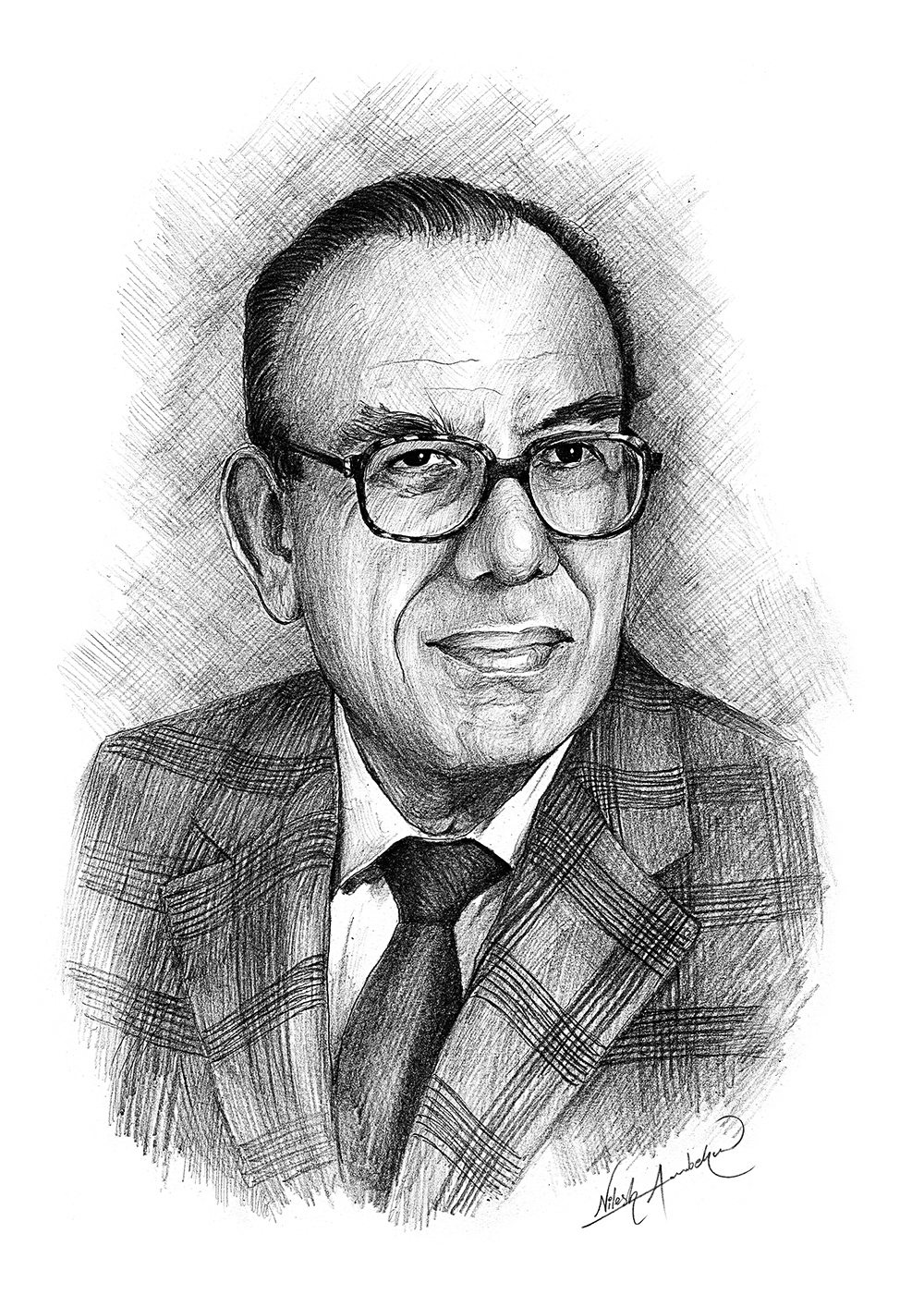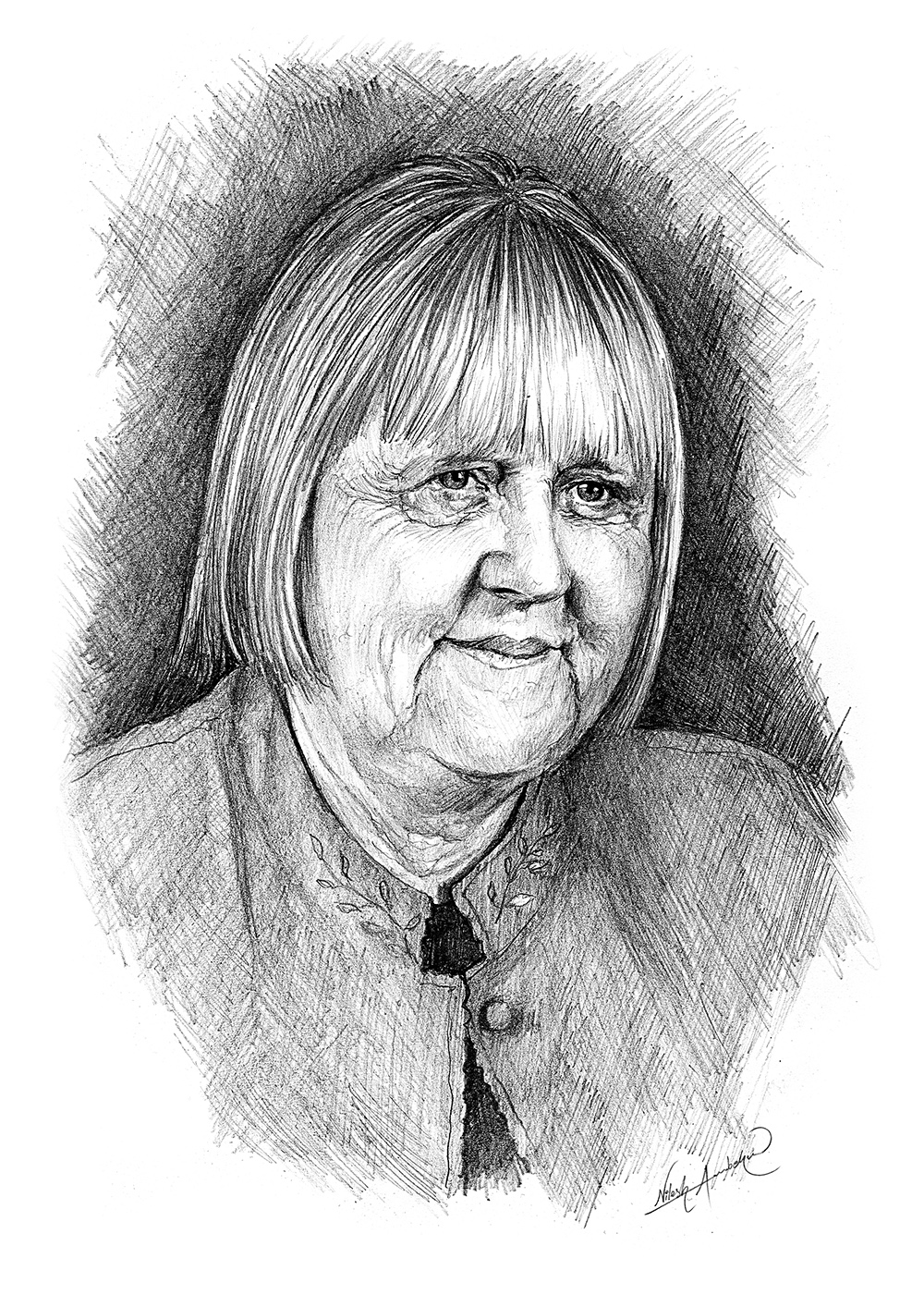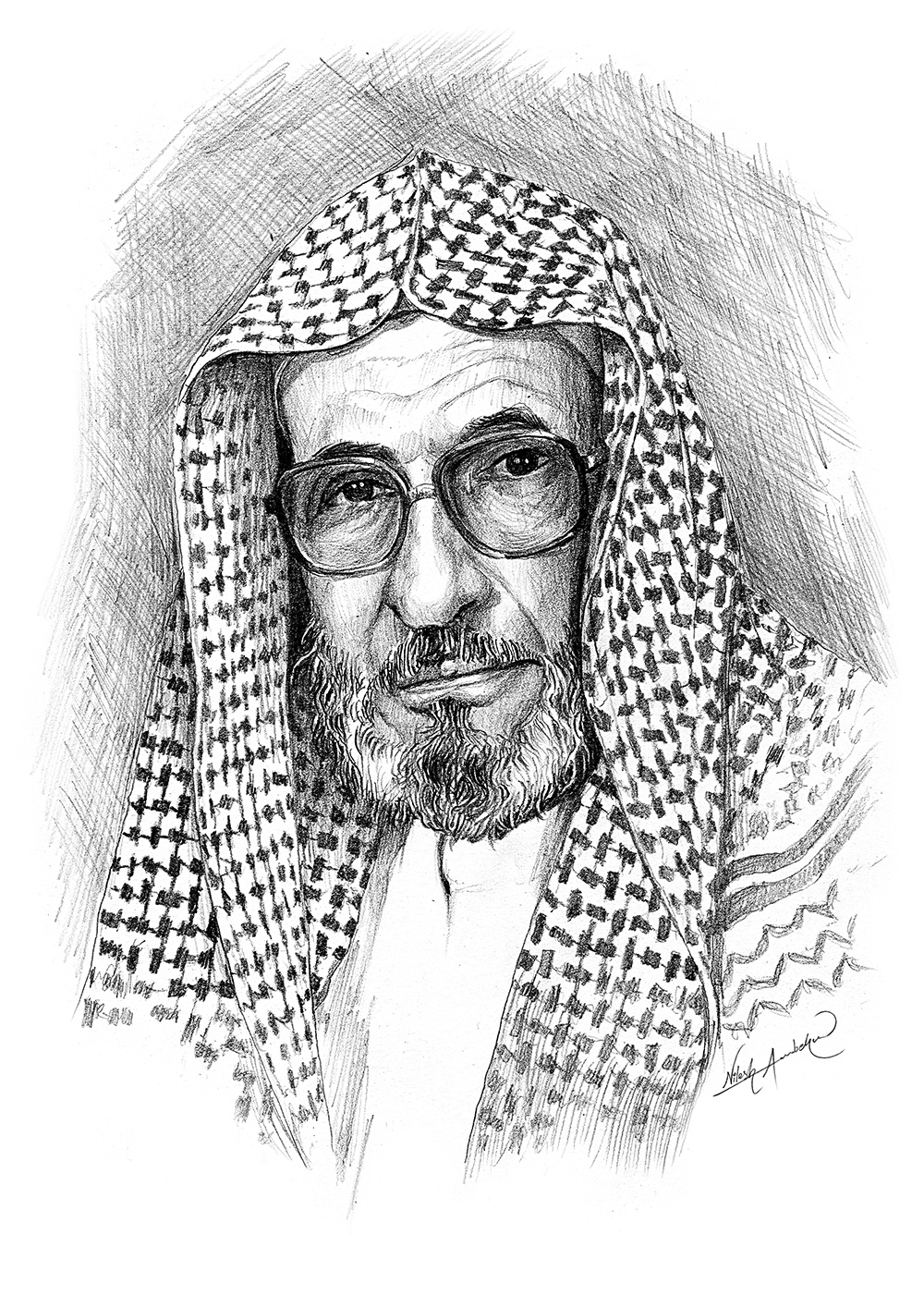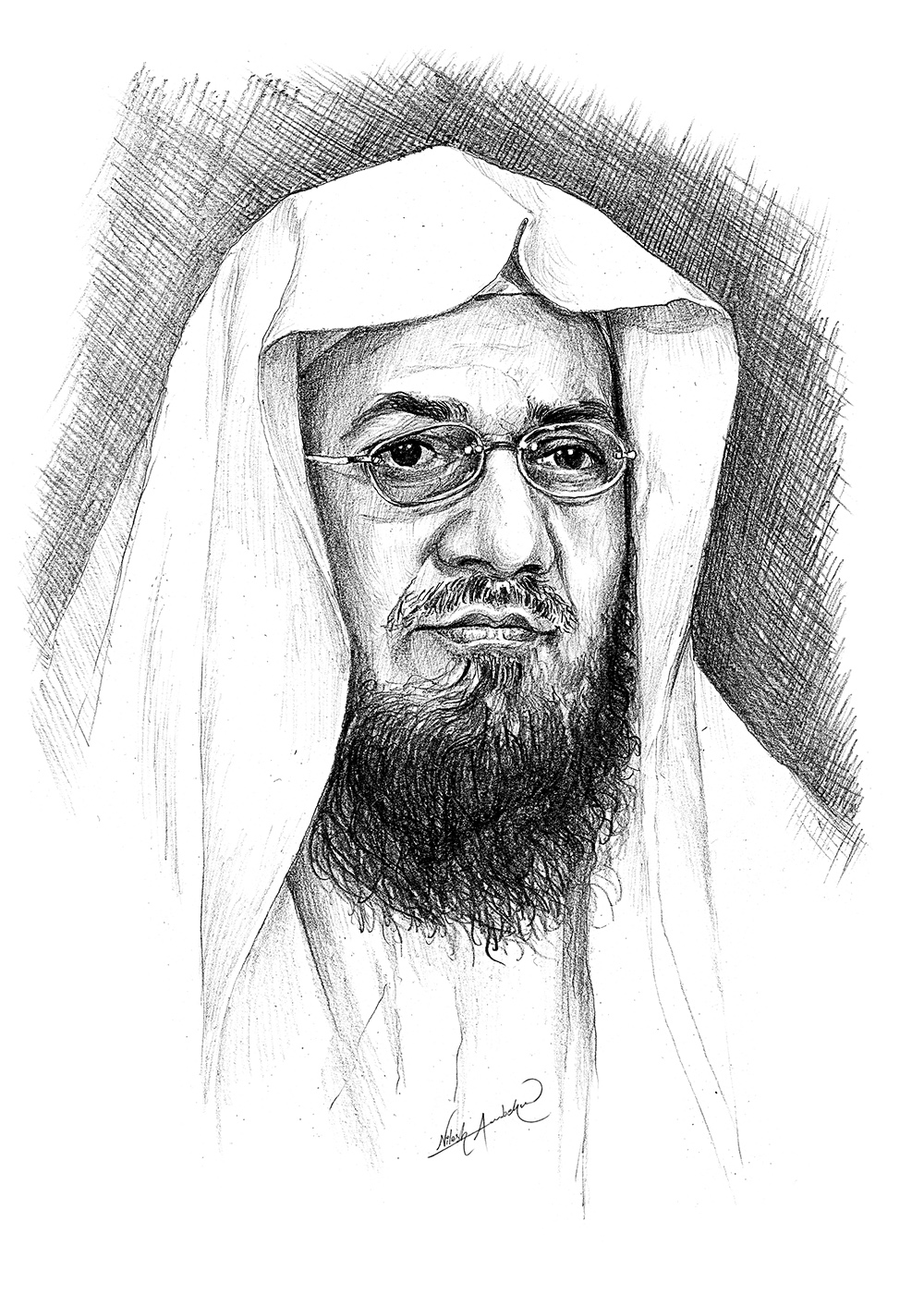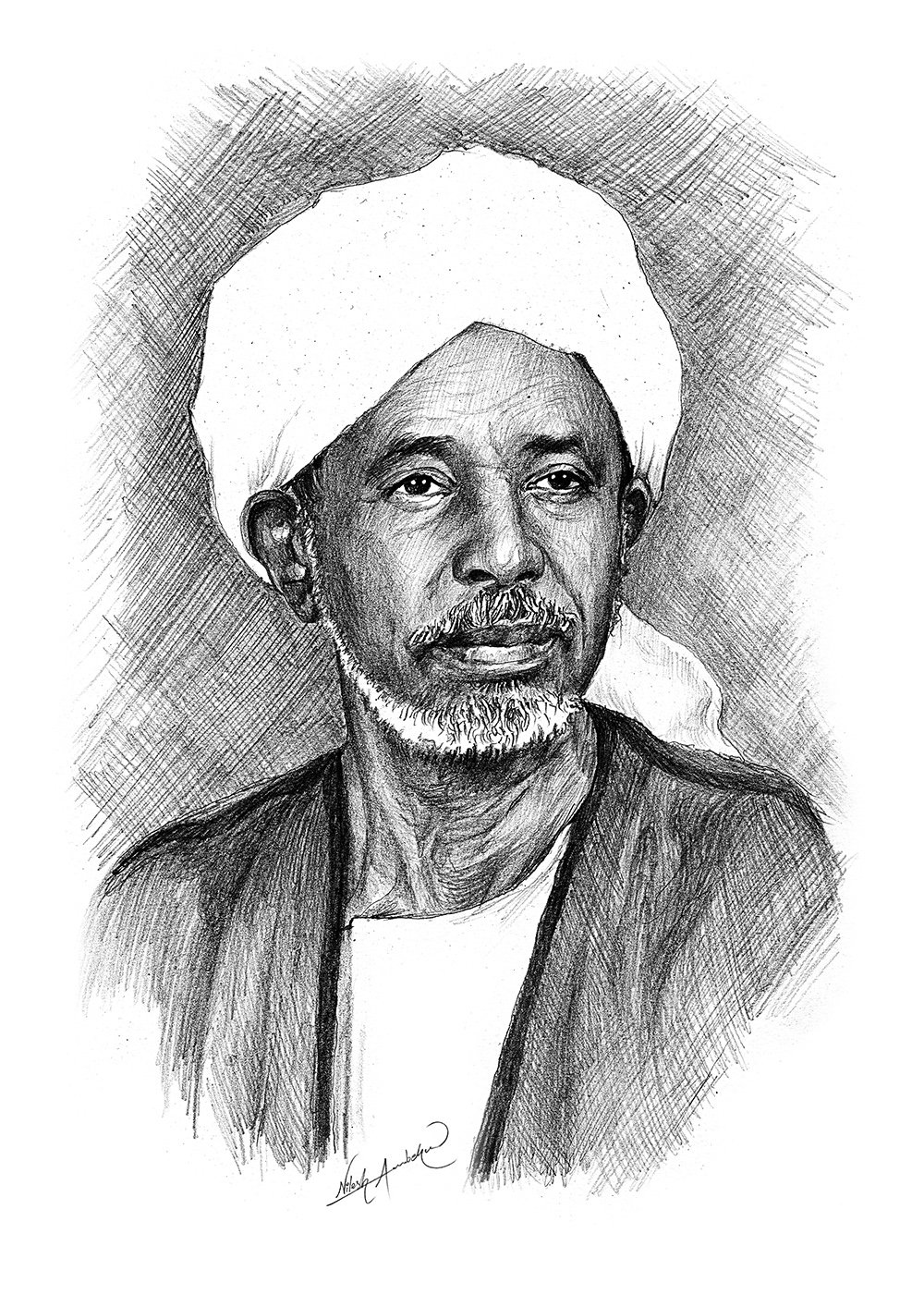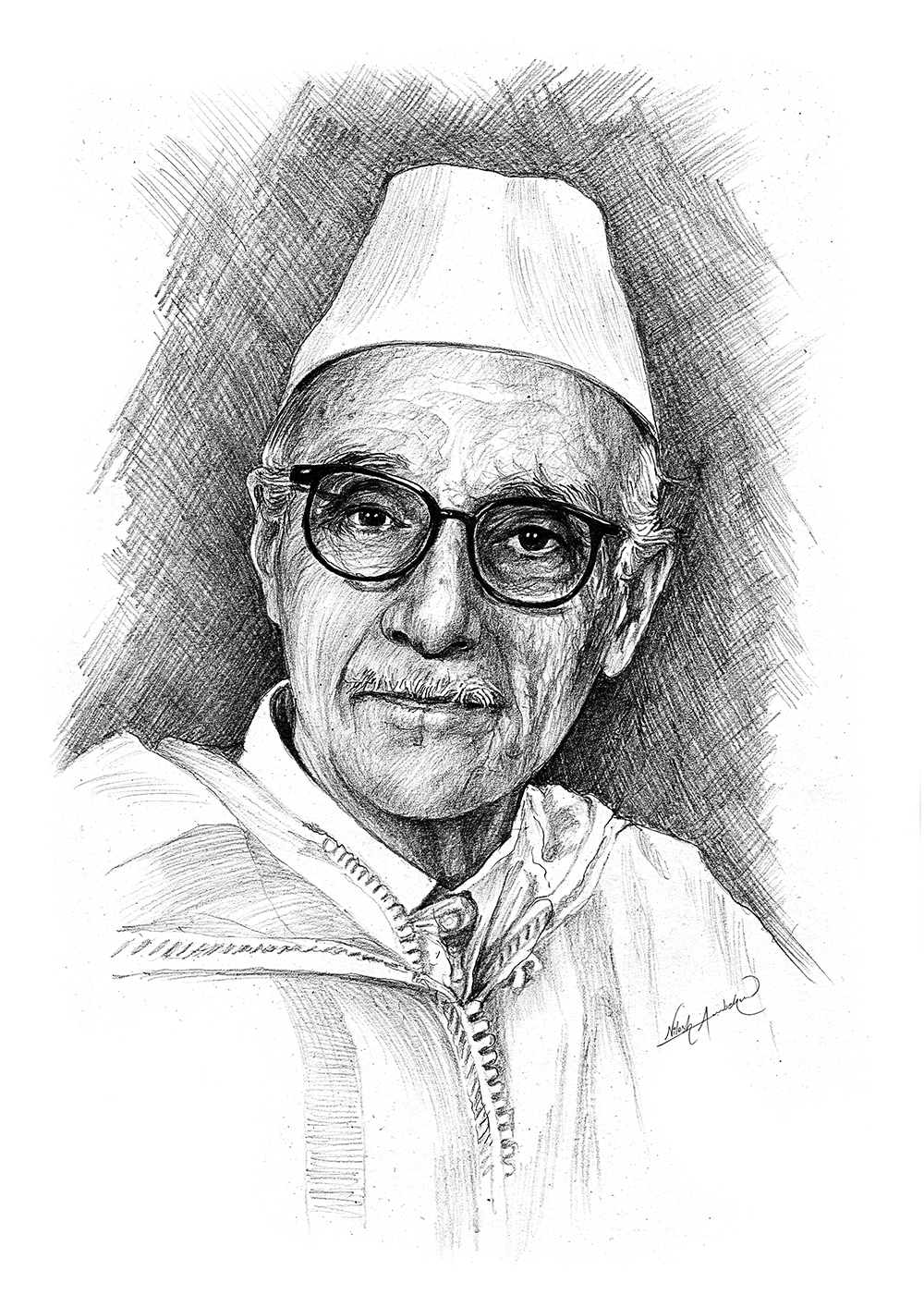Adnan Al-Wazzan received his B.A. in English Language and Arts from King Abdulaziz University in 1974, and a Ph.D. in Comparative Literature (English, Arabic, and French) from Edinburgh University in Scotland in 1981. He pursued post-doctoral research in Edinburgh in 1991. He also spent several sabbatical leaves pursuing Islamic Sharia studies at the hands of senior Islamic scholars in Makkah Al-Mukarramah.
Professor Al-Wazzan’s academic pursuit extended nearly three decades, during which, he rose through academic ranks to full professorship of Comparative English Literature in the Department of English at Umm Al-Qura University in Makkah. During this period, he was also entrusted with several academic and administrative responsibilities. He was the Dean of University Studies for Women and the Director of the Research Center for Social Studies at the Research Institute of Umm Al-Qura University in Makkah. He also served as an Under-Secretary of the Ministry of Religious Affairs, Endowments, Guidance and Da’wa and Advisor to the Minister, and a Member of the Council of Saudi Arabian General Commission for Tourism and Monuments. Between 2006-2008, he was appointed to the Saudi Arabian Consultative Council, and between 2007-2009, he was appointed as a Rector of Umm Al-Qura University. He was also appointed as a part-time council member of the Saudi Arabia’s Human Rights Commission.
Professor Al-Wazzan mentored several Master’s and Ph.D. students in Saudi Universities and participated in conferences and symposia in his field of specialization, both in Saudi Arabia and internationally. He was a visiting professor of comparative literature at Michigan State University, USA and at some Colleges and Universities in Saudi Arabia and Morocco. He is a member of several societies and literary associations including the British Comparative Literature Association, the American Comparative Literature Association, and the International Advisory Commission of the Markfield Institute for Higher Education in Islamic Studies in Bournemouth University.
Professor Al-Wazzan published many papers and books on different aspects of comparative literature, as well as a series of studies related to human rights in Islam. One of his major contributions in the latter field is his highly authoritative Arabic Encyclopedia of human rights in Islam and its attributes in Saudi Arabia. This scholarly and thoroughly research, 8-volume text is based on extensive resources from Islamic jurisprudence and contemporary human rights studies and reflects Professor Al-Wazzan’s experience and profundity in the field of human rights in Islam and his ability to present his work in a comprehensive and well-documented manner. The book discusses issues ranging from labor rights, rights of Muslims and Non-Muslims in the Islamic society, children’s rights, and women’s rights.
This biography was written in the year the prize was awarded.

